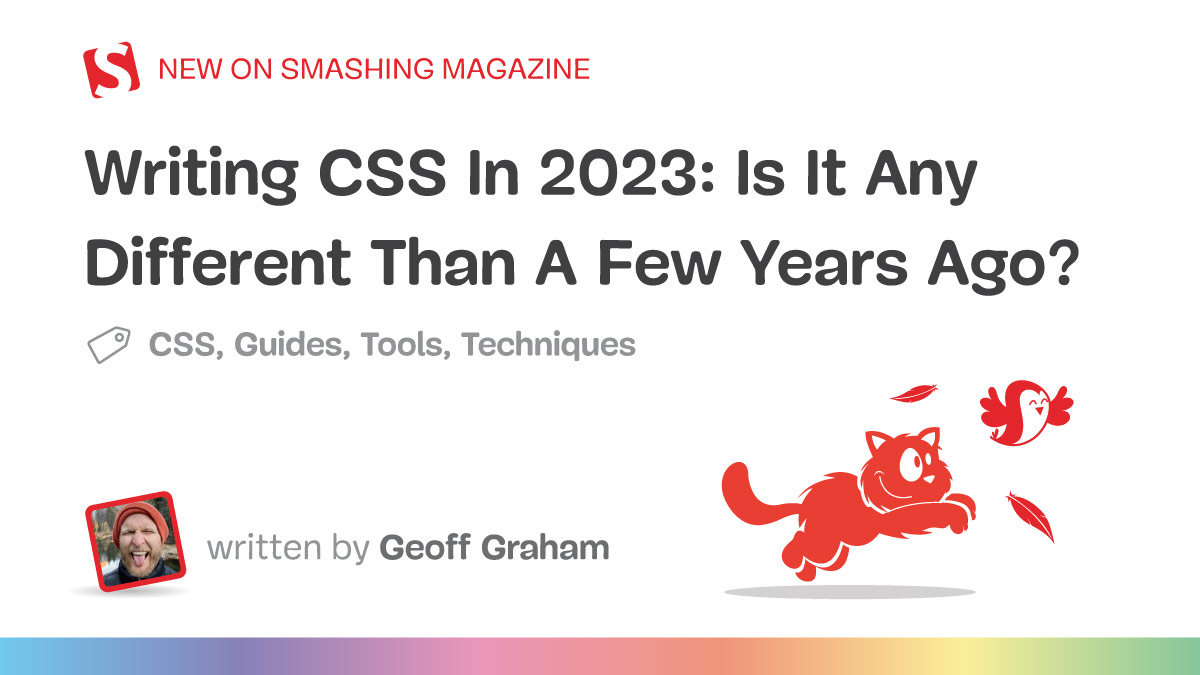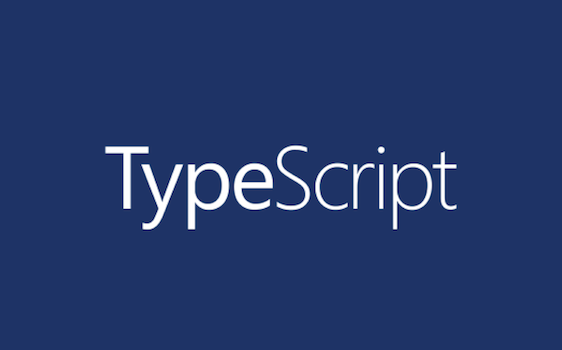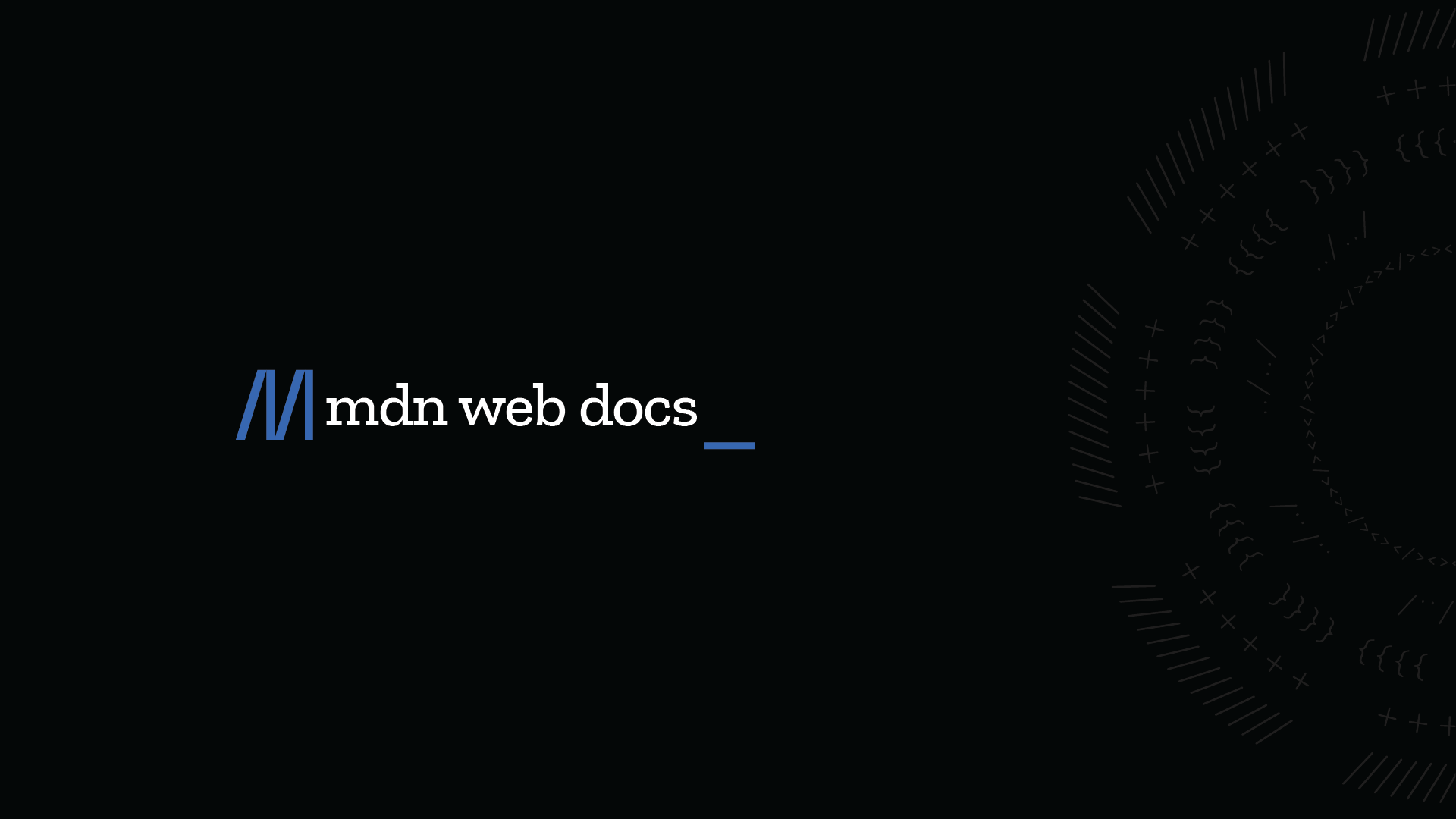
This is great news.
Microsoft has ruined a lot of it’s products with it’s corporate rules placing accountability sinks everywhere so nothing can be examined and improved.
They ruined Windows’ UI by letting designers who didn’t use and didn’t know how to use windows design it.
They ruined Window’s UX by inserting ads and broken AI assistants essentially everywhere.
They ruined Halo (once the 3rd highest earning gaming franchise after both Mario and Legend of Zelda who had decades of games as an earnings head-start) by corroding the studios’ ability to actually produce games.
They ruined Xbox by trying to release to release it’s 3rd iteration (Xbox One) not as a gaming console but as a box for tv apps, then made a cheap underpowered follow-up console (Xbox Series S) that was so underpowered that game developers had to actually ruin their game’s experience just to get the game running on the console to fulfil contractual agreements signed by non-engineers.
They ruined Windows’ program release process by demanding that developers release apps on the windows store using unfinished APIs that didn’t support features that developers needed to make their apps technically feasible, all so they could take a cut of sales on the store (a la apple’s app store), to the point that Valve started seriously funding work to get graphically intensive windows programs (e.g. games) running on Linux.
Bringing unions in might actually reduce some of those accountability sinks that are slowly rotting away microsoft.



















It’s happening in 24 days: https://steamdb.info/sales/history/